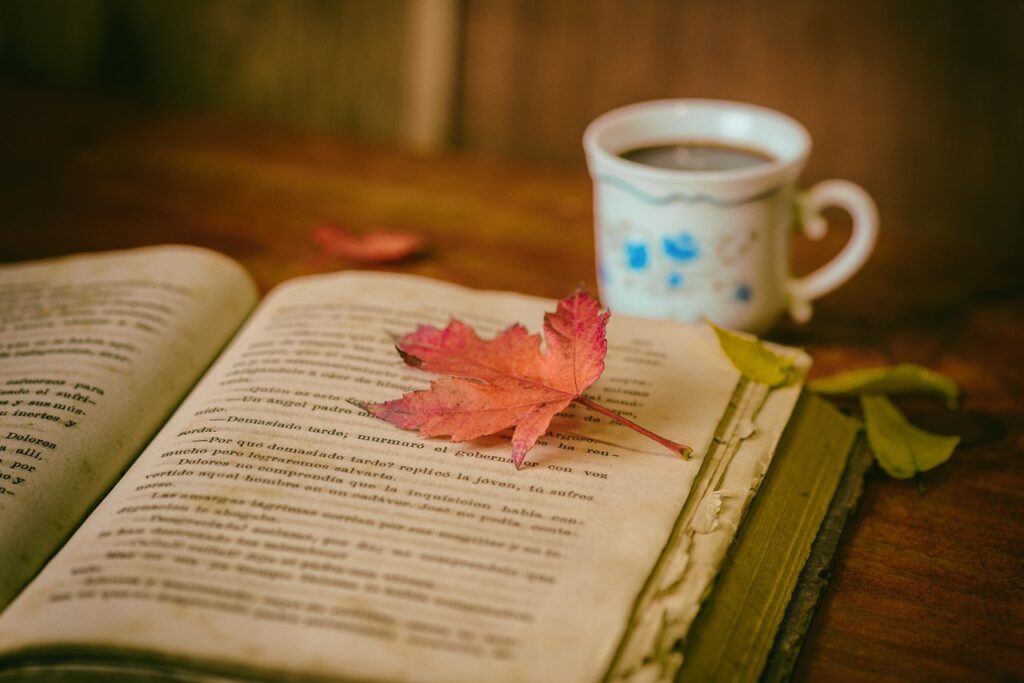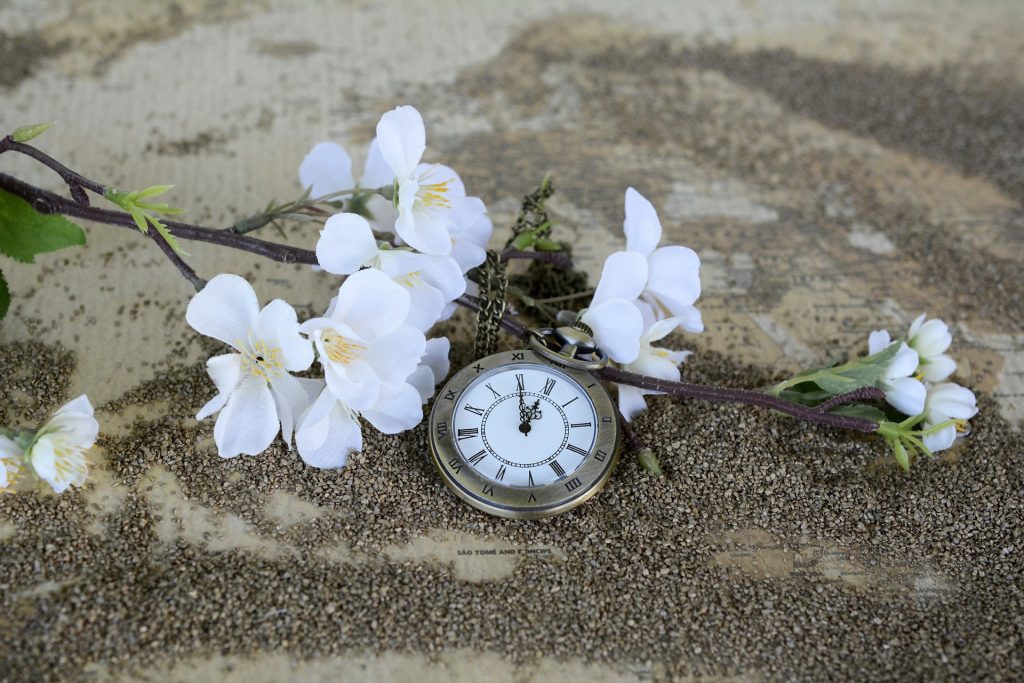The phrase that a book is medicine for the soul is well known. Recently, however, doctors have also proven that reading is a powerful healing procedure. Many leading world clinics have introduced a new method of treatment – bibliotherapy.
To be precise, bibliotherapy dates back centuries. In one of the tales of "1001 Nights", the court physician advised his master, suffering from a severe infirmity and fears, to read books and this cured him.
"There are two types of bibliotherapy - explains the Ukrainian psychologist Yury Kalashnikov. - The first is when the patient is recommended to read a book in which the character reminds him of himself. The book character also has to contend with adversity and illness, and as a result, thanks to his strength of spirit and faith in recovery, the sick person copes with them. By empathizing with the literary character, a person is charged with the spirit of a winner, which helps him mobilize his reserves and direct them to cope with his illness.
The second type of bibliotherapy is when patients themselves write short stories in which they describe their miraculous healing from a serious illness. Even children are treated with the help of bibliotherapy, with the difference that for them the method is called "fairytale therapy". The main thing, the psychologist believes, is that the books that the sick read end with the victory of good over evil and health over illness. Because words can both heal and kill.
What to read and for what purpose?
Classical literature
Features: The relaxed narrative creates a sense of resilience. Other people's mistakes make us think about our own.
Indications: universal remedy for stress, neuroses, obsessive states.
Crime and adventure
Features: train attention, logic, patience, observation. Convoluted plots perfectly distract from sad thoughts and problems.
Indications: in obsessive states, psychoses.
Science fiction, fantasy
Features: expands the limits of what is possible, exacerbating situations and actions to the extreme, enables the patient to fearlessly accept his thoughts and desires and admit their presence in others.
Indications: for phobias (fears). Highly recommended for patients who live in a "case" and on a tight schedule.
Poetry
Features: the distinct rhythm normalizes the processes taking place in the body. The verses set a positive mood, instill faith in our own strength.
Indications: in depressions. Reading poetry is used in speech therapy classes and in stroke recovery.
Fairy tales and folklore
Features: in a mild form teaches the rules of communication, teaches observation.
Indications: for hyperactivity in children and chronic disobedience in adolescents.
Humorous literature
Features: lowers anxiety, teaches non-conflict communication technique.
Indications: for adolescents in transitional age, improves mood in the postoperative period.
Philosophical and spiritual literature
Features: gives an idea of the integrity of the world and the place of man in it.
Indications: acute stress and chronic depression.
Marine Tanashyan, Doctor of Medical Sciences from the Scientific Center of Neurology of Russia says: "Reading books is a kind of brain training. When new information is received, new neural connections are created between the different areas in the brain that are responsible for short-term and long-term memory. It is not unimportant that reading involves a system that fills us with emotions and pleasure. After reading a good book, general mental activity increases, which is especially important in the rehabilitation of severely depressed patients."
Olga Karabanova, Doctor of Psychological Sciences from the Faculty of Psychology of Moscow State University says: "The most useful ingredient of reading is emotional processing. Comparing his life experience with the lives of other people, the patient relives his tragic situations, evaluates them from the side, and thus forms an adequate attitude towards them.
Good books are a real school of life, they help us better understand ourselves.
See also:TEN PRINCIPLES FOR SUCCESS AND HOW THEY WORK IN LIFE...
Source:lira.bg
Read more: 28 priceless wisdom from the East






Facebook Comments